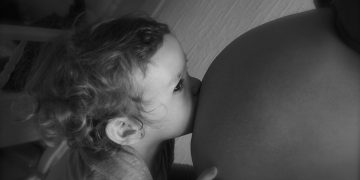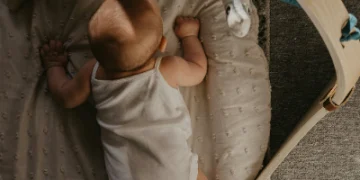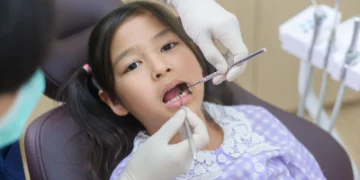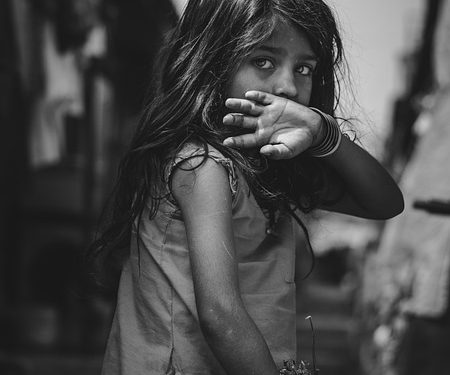Childhood allergies can be a source of stress and worry for many families. From food allergies to environmental allergens, managing a child’s allergies requires careful attention and proactive strategies. By empowering families with knowledge and resources, parents can confidently navigate the challenges of childhood allergies while ensuring their child’s health and well-being.
Understanding Childhood Allergies
Before diving into effective strategies for managing childhood allergies, it’s important to understand what allergies are and how they impact children. Allergies occur when the immune system overreacts to harmless substances, such as certain foods, pollen, pet dander, or dust mites. Common symptoms of allergies include sneezing, itching, hives, and in severe cases, anaphylaxis.
Childhood allergies can be diagnosed through allergy testing, which may include skin prick tests, blood tests, or oral food challenges. Once allergies are identified, it’s crucial for parents to work closely with healthcare professionals to create a personalized management plan for their child.
Effective Strategies for Managing Childhood Allergies
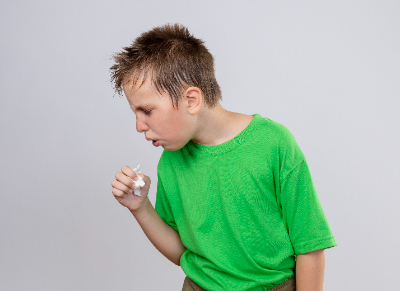
1. Identify and Avoid Triggers
The first step in managing childhood allergies is to identify and avoid triggers. This may involve removing certain foods from your child’s diet, minimizing exposure to environmental allergens, or taking steps to create a safe and allergy-friendly environment at home. By knowing what triggers your child’s allergies, you can take proactive measures to prevent reactions.
2. Educate Yourself and Others
Educating yourself, your child, and others about allergies is key to effective management. Learn how to read food labels, recognize symptoms of an allergic reaction, and administer emergency medication, such as an epinephrine auto-injector. It’s also important to educate teachers, caregivers, and family members about your child’s allergies and how to respond in case of an emergency.
3. Work with Healthcare Professionals
Consulting with healthcare professionals, such as allergists, pediatricians, and dietitians, is essential for managing childhood allergies. These professionals can help you develop a comprehensive management plan, provide guidance on allergy testing and treatment options, and offer support and resources to help you navigate your child’s allergies effectively.
4. Create a Healthy and Allergy-Friendly Environment
Creating a healthy and allergy-friendly environment at home can significantly reduce your child’s exposure to allergens. Use hypoallergenic bedding, clean regularly to remove dust and pet dander, and consider investing in an air purifier to improve indoor air quality. Additionally, make sure to inform visitors and caregivers about your child’s allergies and how to prevent exposure to triggers.
5. Develop an Emergency Action Plan
In case of an allergic reaction, having an emergency action plan in place is crucial. Work with your healthcare provider to create a detailed plan that outlines steps to take in case of a severe reaction, including when to administer epinephrine and when to seek emergency medical help. Make sure to keep emergency medication, such as an epinephrine auto-injector, readily available at all times.
Common Questions About Childhood Allergies

1. Can children outgrow allergies?
While some children may outgrow allergies, others may have lifelong allergies. It’s essential to work closely with healthcare professionals to monitor your child’s allergies and determine if they have outgrown certain triggers. Allergy testing may be necessary to assess whether it’s safe to reintroduce certain foods or environmental allergens.
2. How can I prevent allergic reactions?
Preventing allergic reactions involves identifying and avoiding triggers, educating yourself and others about allergies, and being prepared for emergencies. By taking proactive steps to minimize exposure to allergens and having an emergency action plan in place, you can reduce the risk of allergic reactions and ensure your child’s safety.
3. Are there alternative treatments for allergies?
While allergen avoidance and medication are the primary treatments for allergies, some families may consider alternative therapies, such as acupuncture, herbal remedies, or dietary supplements. It’s crucial to consult with healthcare professionals before trying alternative treatments to ensure they are safe and effective for your child’s allergies.
Conclusion
Empowering families to effectively manage childhood allergies requires a combination of knowledge, resources, and proactive strategies. By identifying and avoiding triggers, educating yourself and others, working with healthcare professionals, creating a healthy environment, and developing an emergency action plan, you can confidently navigate the challenges of childhood allergies while prioritizing your child’s health and well-being.
Remember, childhood allergies can be managed successfully with the right support and guidance. By taking proactive steps and staying informed, you can empower your family to lead a healthy and allergy-free life.
Stay proactive, stay informed, and most importantly, stay empowered in managing childhood allergies!



